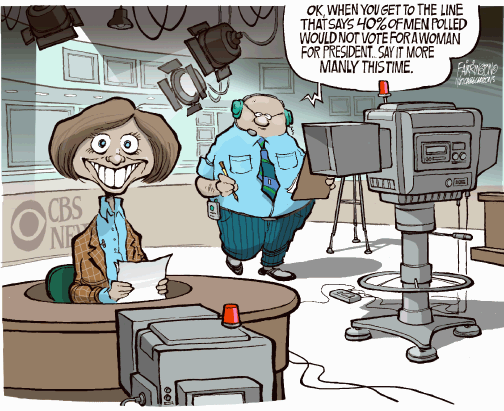What does power look like?
What does power look like?
Curator Masum Momaya introduces “Appearance”
What exactly is power? How do you know you've got it? Is power selfish, or can you use it for others? Is this what is meant by leadership? Is there a secret language of clothes that conveys power? We take a look at Power, Leadership and Appearance, asking, "What does power look like?"
Power equals muscle, right? Powerful people command authority. They run countries, start wars and control the money, all the while amassing recognition But what about exercising power with a handshake rather than a fist, with brains and beauty rather than bombs and bullets? And with collective strength rather than individual hubris?
The experiences of women and other marginalized groups show us that power can be found as much in collaboration as control. Everyday, ordinary women assert power in their homes, relationships, families and communities. And they so while wearing suits, skirts, saris and sarongs - yes, sensible or sexy shoes, too.
A New Set of Power Tools
Power can be gained peacefully. Power is conversation and negotiation. Power begins with a spark of audacity, with a single courageous act, with a dream.
This kind of power creates change, but slowly. Political Scientist Jane Mansbridge defines it this way:
It is in everyday life the realm of the ordinary, the common, the familiar, and the near that we find the hundreds of thousands of uncoordinated acts that make a social movement. ... Change takes place gradually in a steady stream. Often the forces behind a change build up, with no change taking place, like the increasing pressure of tectonic plates before an earthquake, until some small shift releases the energy.
Powerful Stories
It is sometimes assumed that power doesn't suit women or that a woman cannot exercise power without "acting like a man" But this is changing. For example, "Iron Lady," once an exclusively derogatory term, has evolved to connote a kind of tough yet compassionate style of leadership, exercised in contemporary times by the likes of Ellen Johnson-Sirleaf in Liberia and Michele Bachelet in Chile.
A photographic review of women wearing their Power Suits throughout history shows that there is no universal image of the powerful female. Women fashion themselves in ways as varied and numerous as they are. And, while image is important, it is not everything. Women leaders are redefining what power looks like.
Explore all the stories in this theme.


